Fast-food chains are stepping up with low-cost meal deals as inflation tightens consumers’ budgets. Companies like McDonald’s, Wendy’s, Buffalo Wild Wings, and Taco Bell are offering affordable options to keep customers coming back.
These deals provide great value without compromising on taste, making it easier for people to enjoy their favorite fast-food meals during tough economic times.
McDonald’s $5 Meal Deal
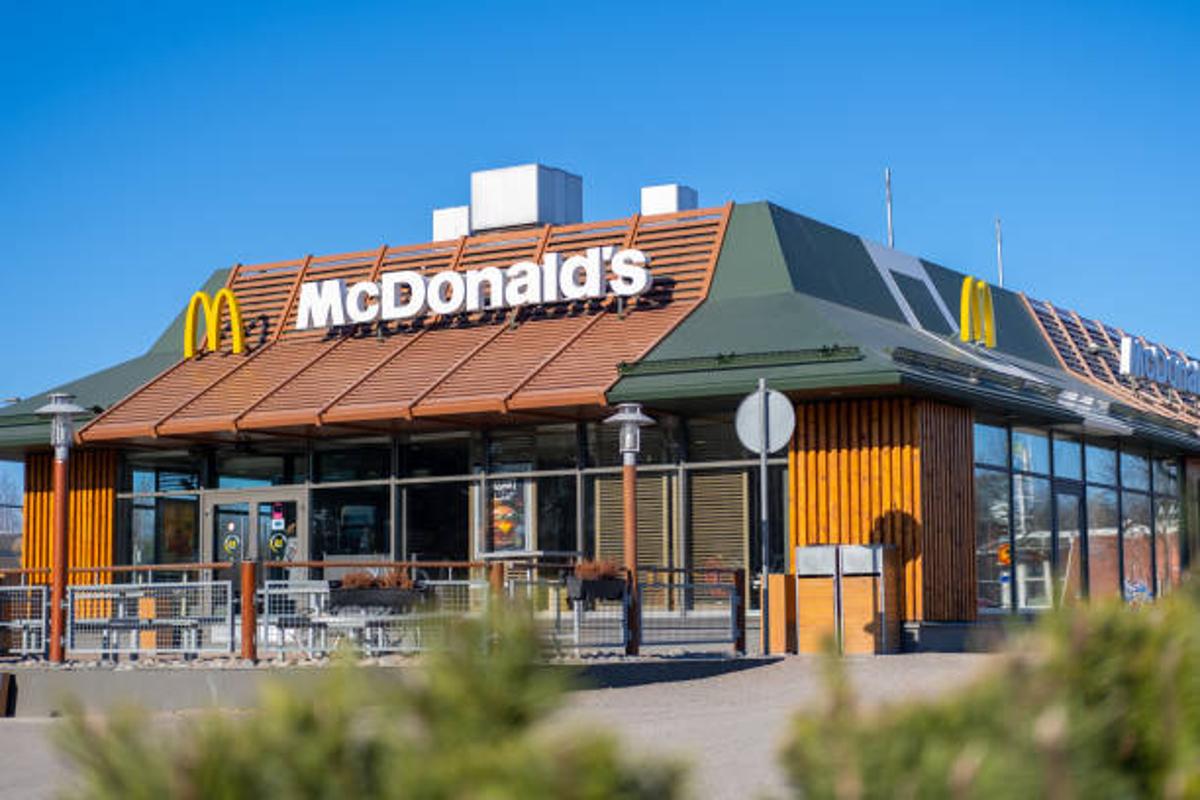
McDonald’s is countering slowing sales with a $5 meal deal. For $5, customers can enjoy a four-piece McNuggets, small fries, a small drink, and either a McDouble burger or a McChicken sandwich.
This deal, available in most U.S. locations, aims to provide an affordable yet satisfying meal option for budget-conscious diners.
Changes in McDonald’s Refill Policy
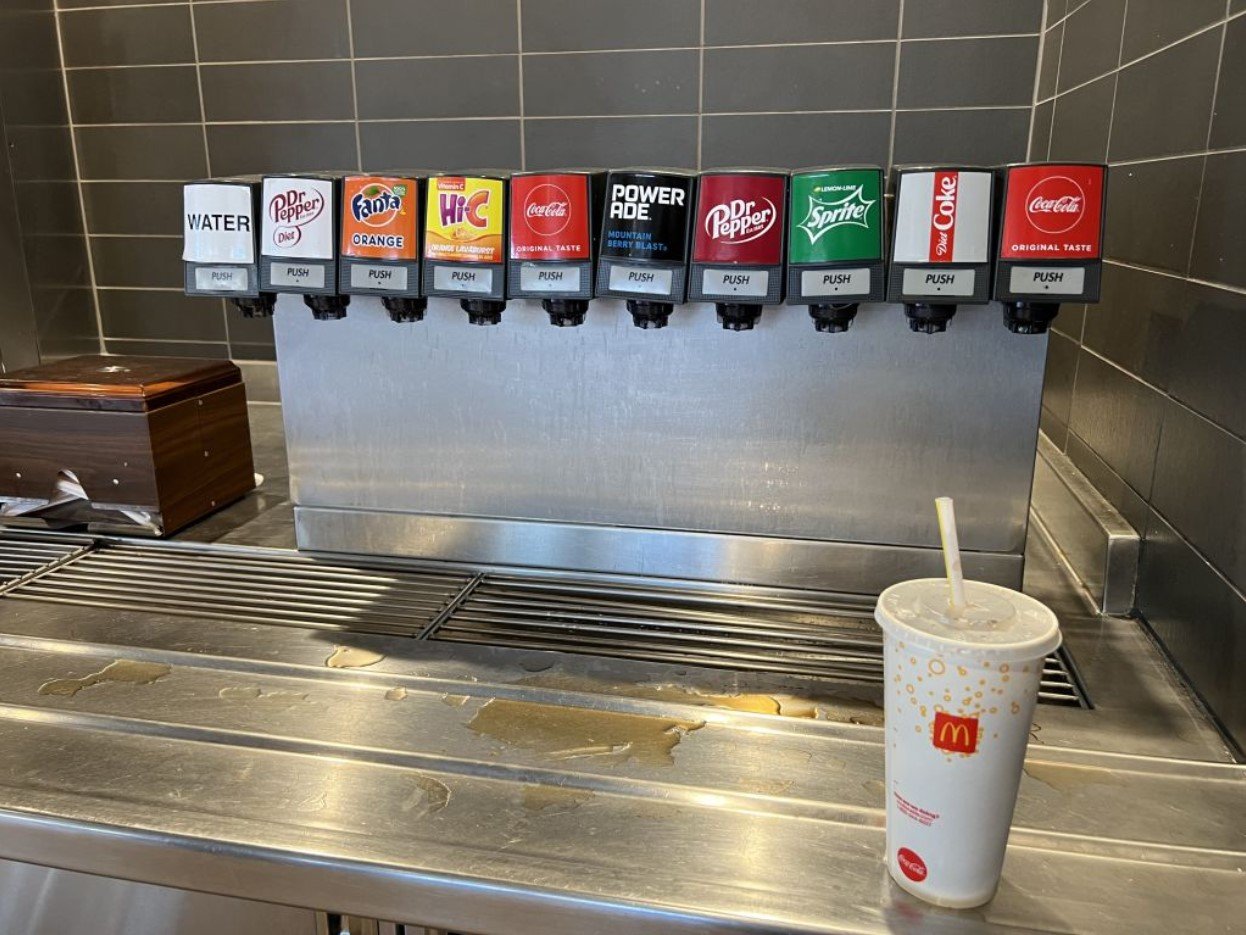
By 2032, McDonald’s plans to phase out self-serve soda fountains for dine-in customers. This change reflects broader industry shifts and is not just a cost-cutting measure.
Free refills, a beloved feature for years, will slowly disappear. This move aims to streamline operations and reduce waste, aligning with the company’s long-term sustainability goals.
Wendy’s $3 Breakfast Deal
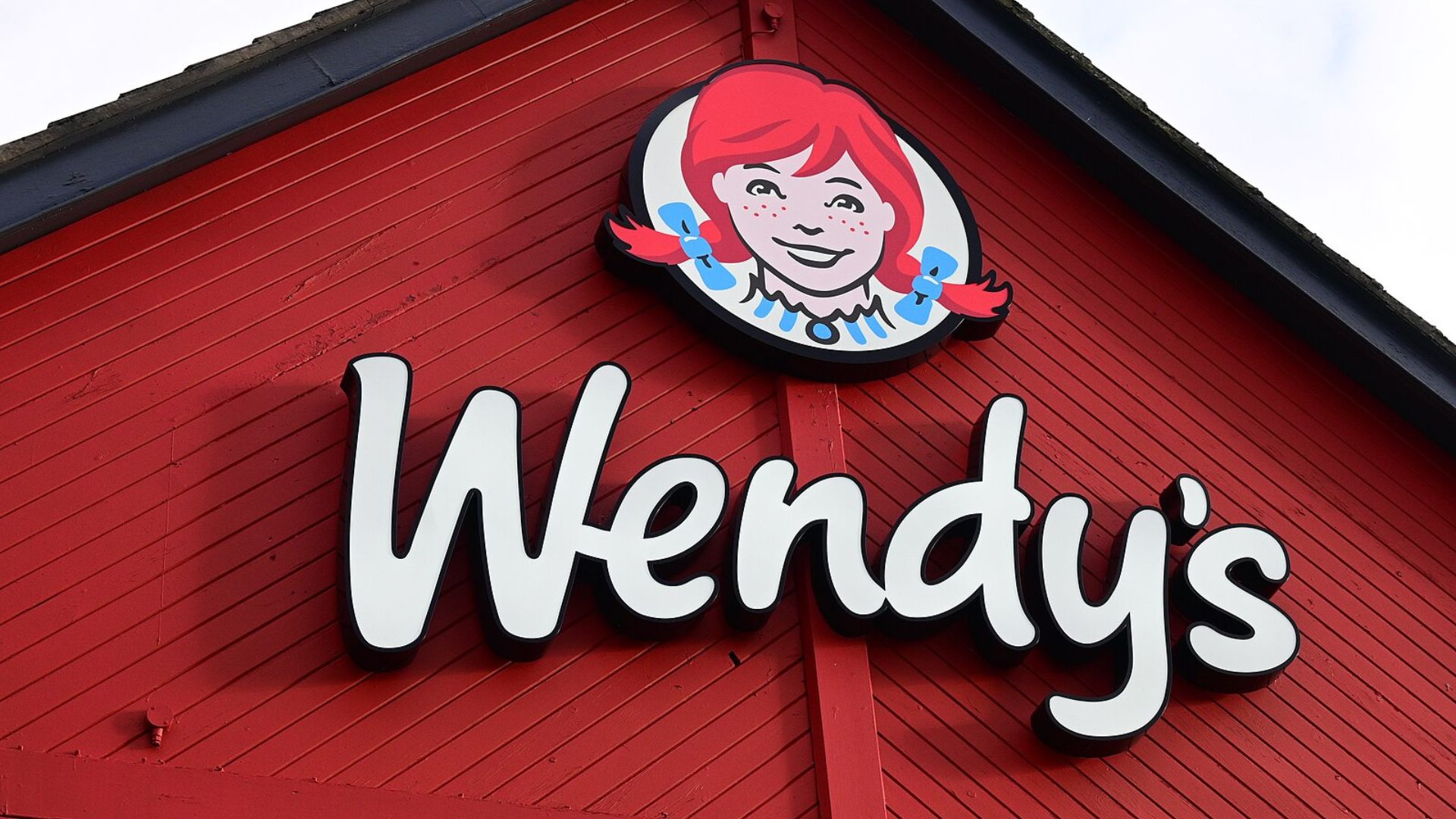
Wendy’s has introduced a $3 breakfast deal to attract morning customers. The deal includes an egg and cheese English muffin sandwich with bacon or sausage and seasoned potatoes.
This affordable breakfast option ensures customers can start their day with a tasty meal without spending too much, making it a popular choice for those on the go.
Wendy’s Free Nugget Wednesdays
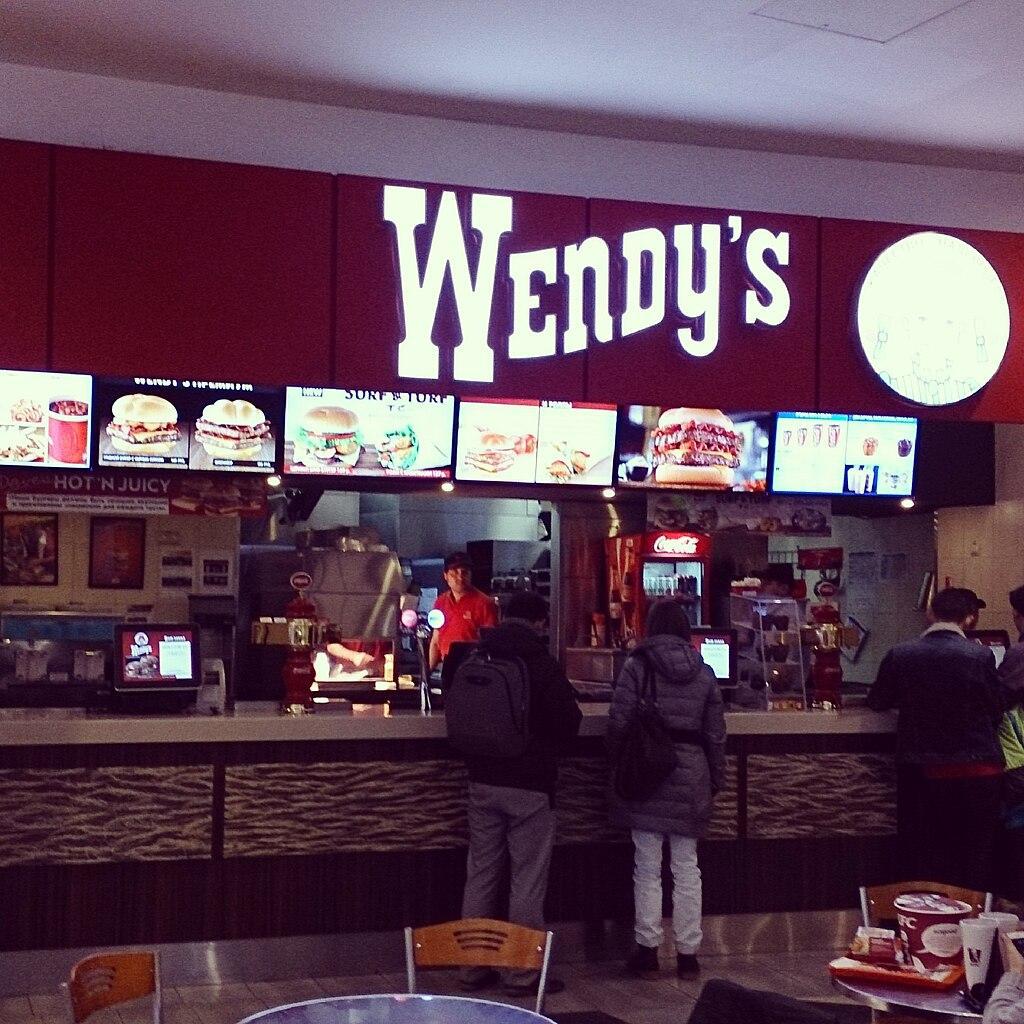
Wendy’s is rewarding its loyal customers with free chicken nuggets on Wednesdays for the rest of the year. This offer is available to reward members, adding extra value and encouraging repeat visits.
By offering these freebies, Wendy’s hopes to strengthen customer loyalty and increase traffic to its restaurants on slower mid-week days.
Buffalo Wild Wings All-You-Can-Eat Deal
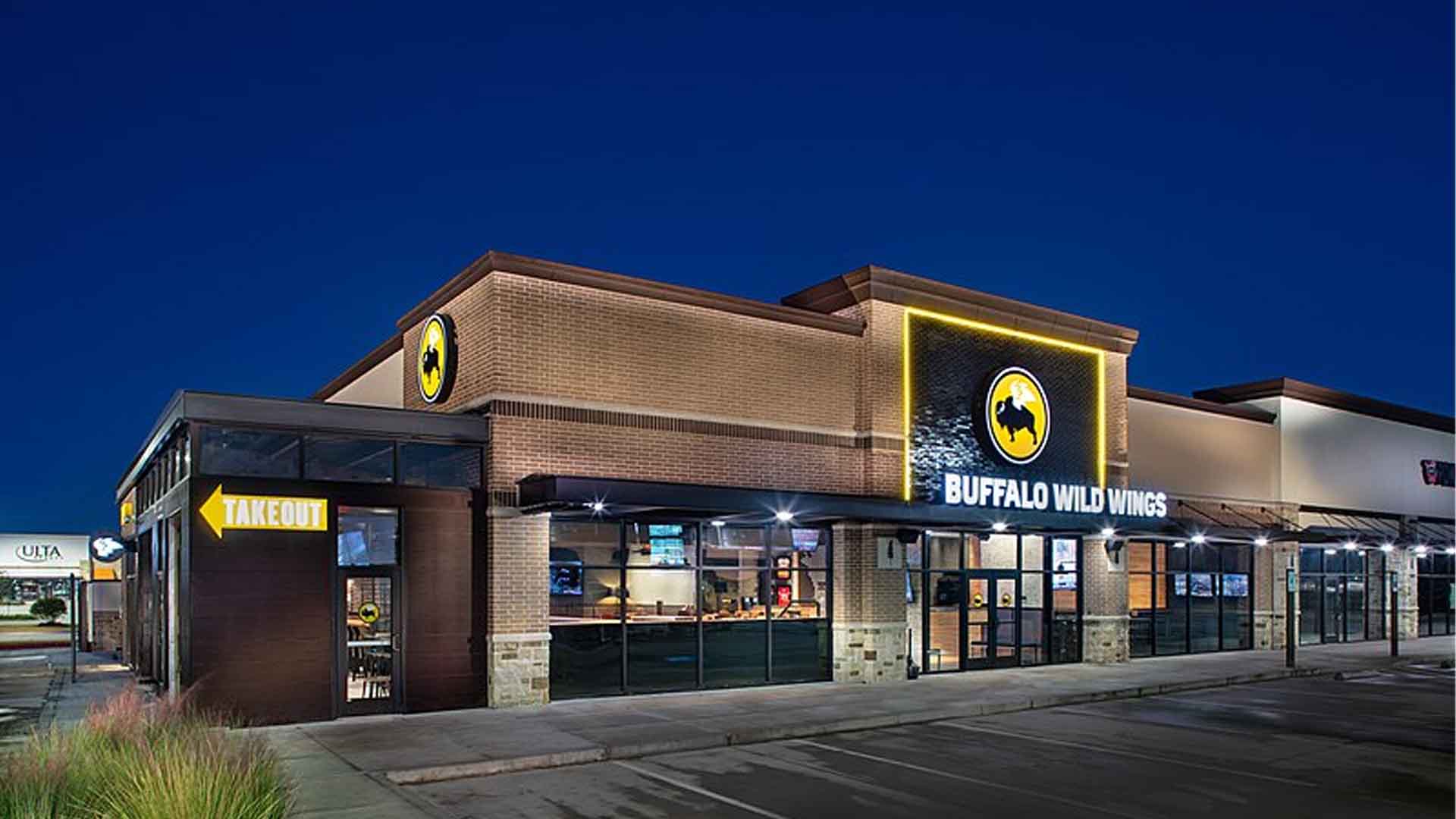
Considered more of a dine-in establishment, Buffalo Wild Wings is offering an all-you-can-eat deal on boneless wings and fries for $19.99.
Available every Monday and Wednesday for dine-in customers, this deal is perfect for wing lovers looking to get more for their money. The promotion helps drive foot traffic on typically slower days, benefiting both the company and its customers.
Taco Bell’s Affordable Menu Overhaul
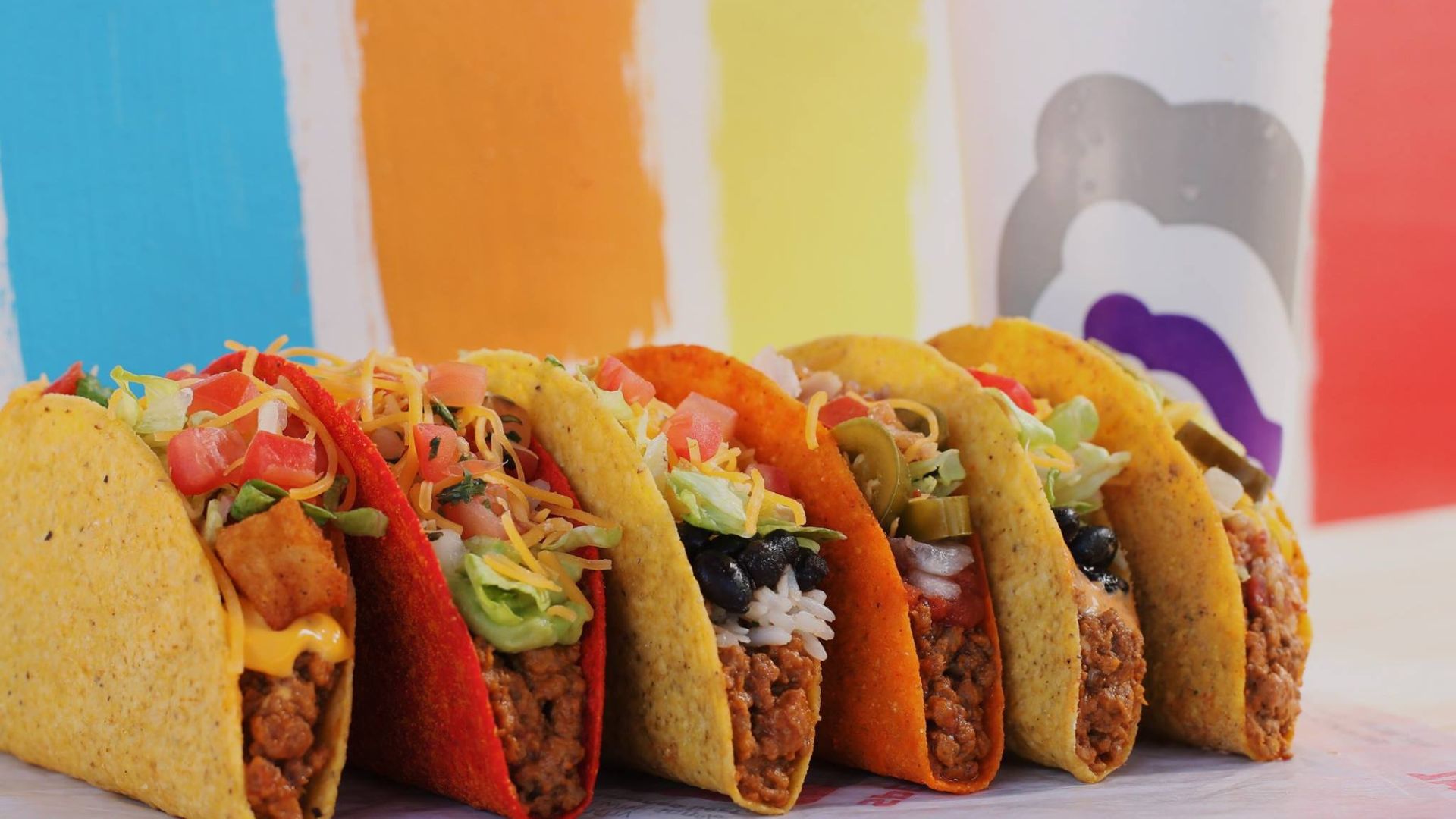
In January, Taco Bell revamped its Cravings Value Menu to include 10 items priced at $3 or less. Despite recent price increases, this menu ensures that customers can still find affordable options at participating locations.
These budget-friendly choices cater to those looking for a quick and economical meal, maintaining Taco Bell’s reputation for value.
Taco Bell’s Rising Prices
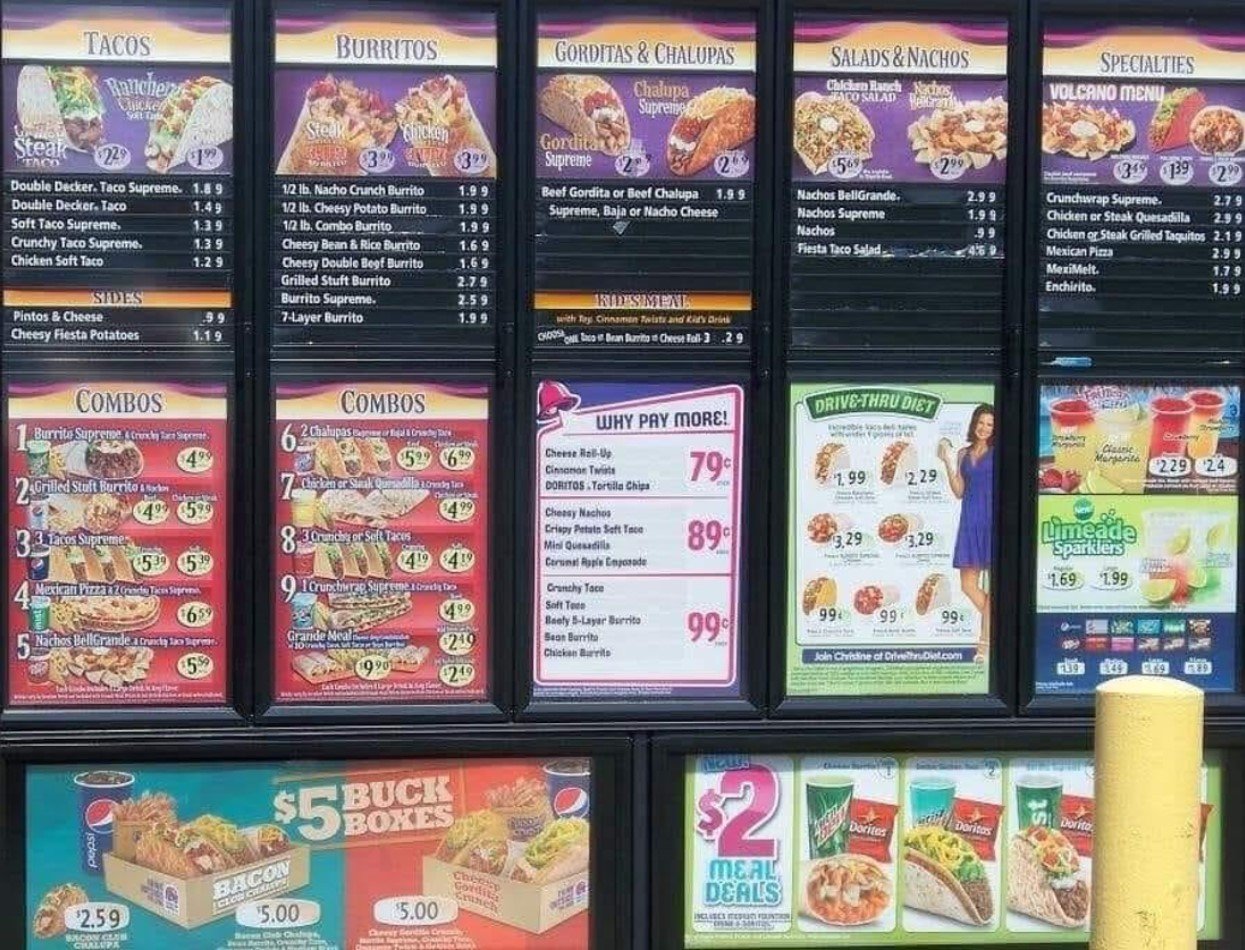
While Taco Bell remains a favorite for its affordable Mexican-style menu, recent price increases have left many customers less than thrilled. The new Cravings Value Menu aims to balance this by offering budget-friendly choices.
This strategy helps retain customers who are looking for value while navigating the impacts of inflation on their dining habits.
Industry-Wide Cost-Saving Measures
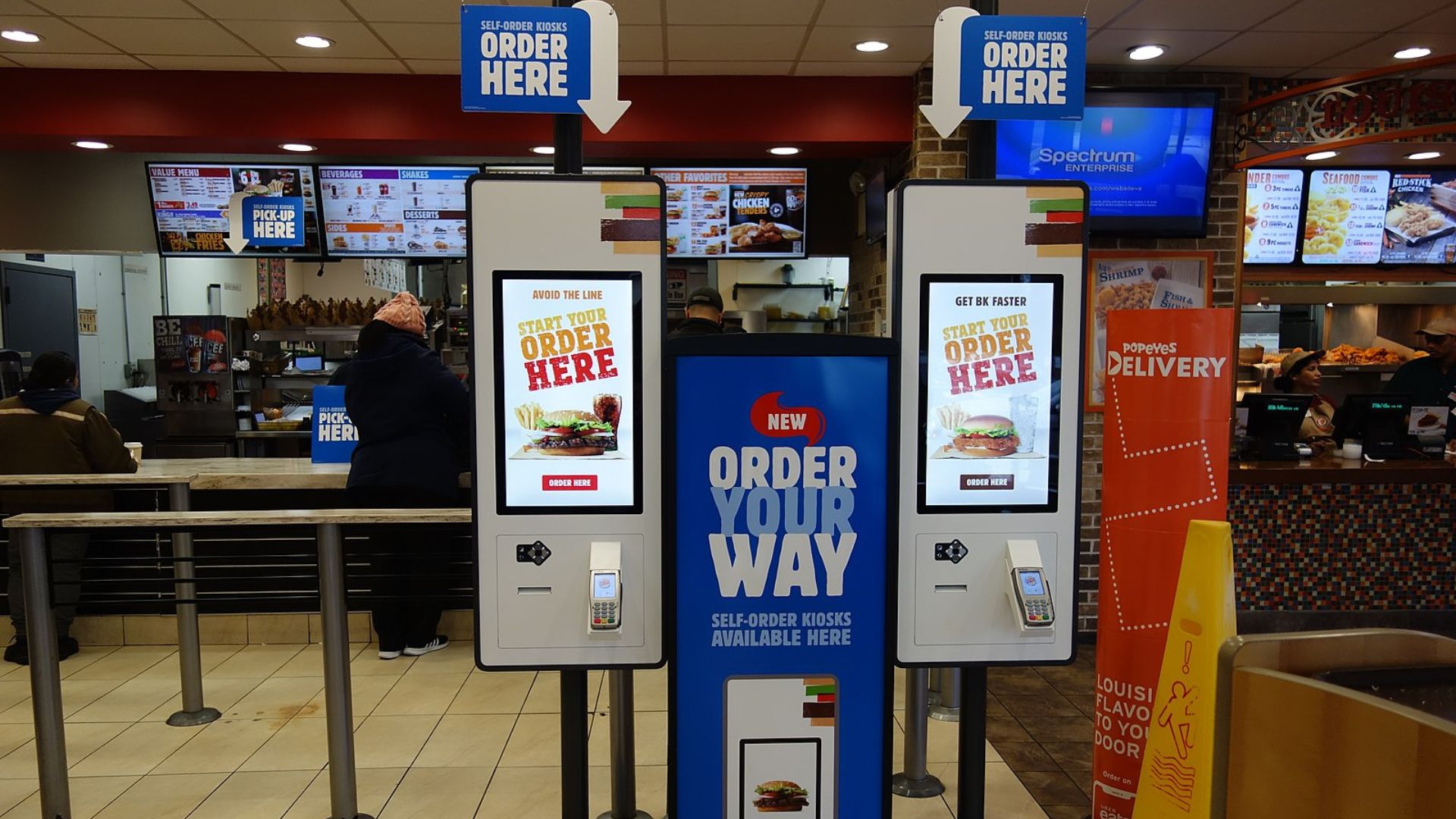
Fast-food chains are adopting various cost-saving measures to combat rising prices. From changing refill policies to adjusting menus, these strategies help maintain affordability while managing operational costs.
These efforts are crucial for sustaining business and providing customers with low-cost meal options during economic uncertainty.
The Importance of Value Deals
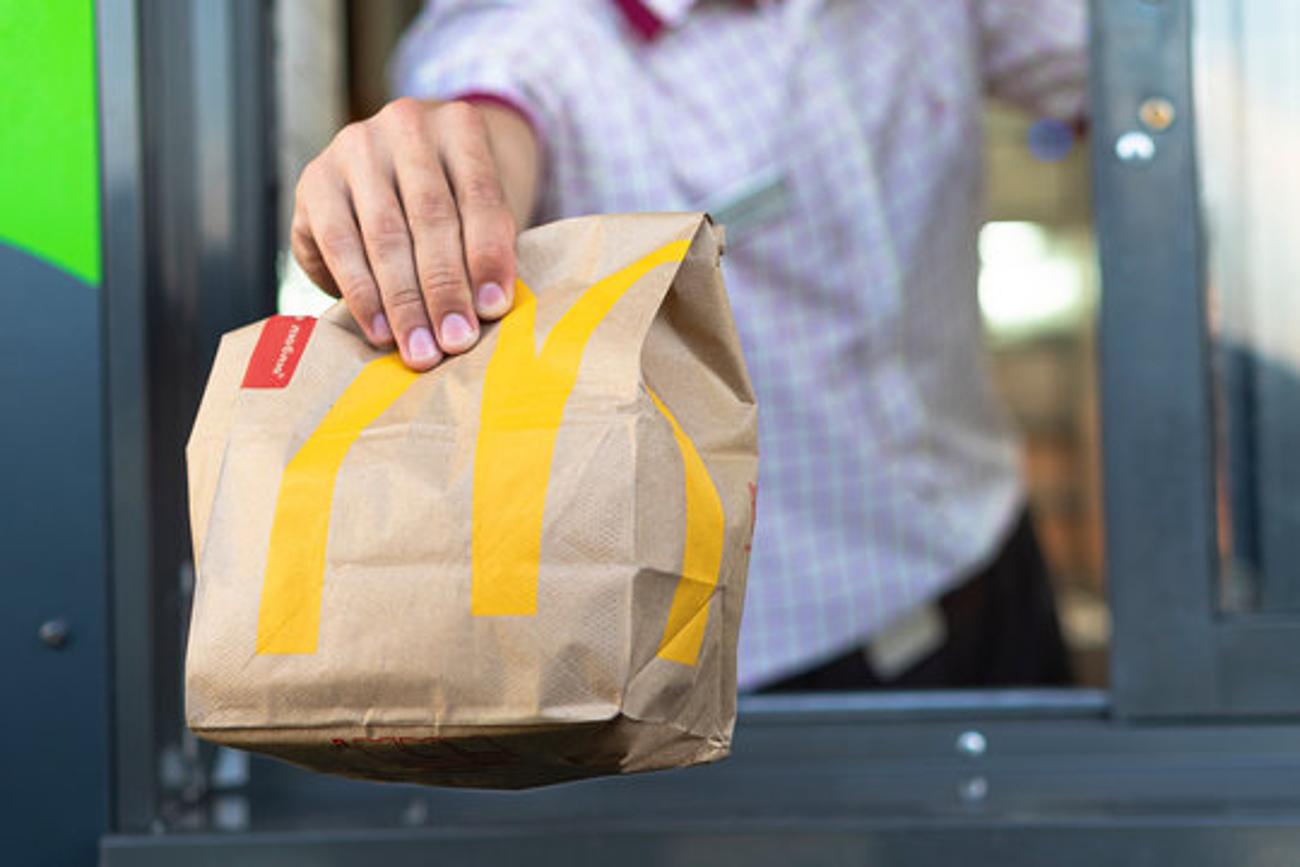
In a time of economic uncertainty, value deals are crucial for attracting and retaining customers. Fast-food chains recognize the need to offer budget-friendly options without compromising on taste or quality.
These deals provide an essential balance, ensuring customers can enjoy their favorite meals without feeling the pinch of inflation.
Customer Reactions to New Deals

A quick search on X reveals that customer feedback on these new deals has been mixed. While many appreciate the affordability, some are wary of the changes, especially with beloved features like free refills being phased out.
Fast-food chains need to carefully balance cost-saving measures with customer satisfaction to maintain loyalty and keep their businesses thriving.
Navigating Inflation with Smart Deals

Fast-food chains are navigating inflation by introducing smart, low-cost meal deals. By offering value to customers, they aim to keep diners happy and their businesses thriving despite economic challenges.
These evolving strategies, from McDonald’s phase-out of self-serve soda fountains to Taco Bell’s menu adjustments, reflect broader industry trends aimed at balancing affordability with operational sustainability.
